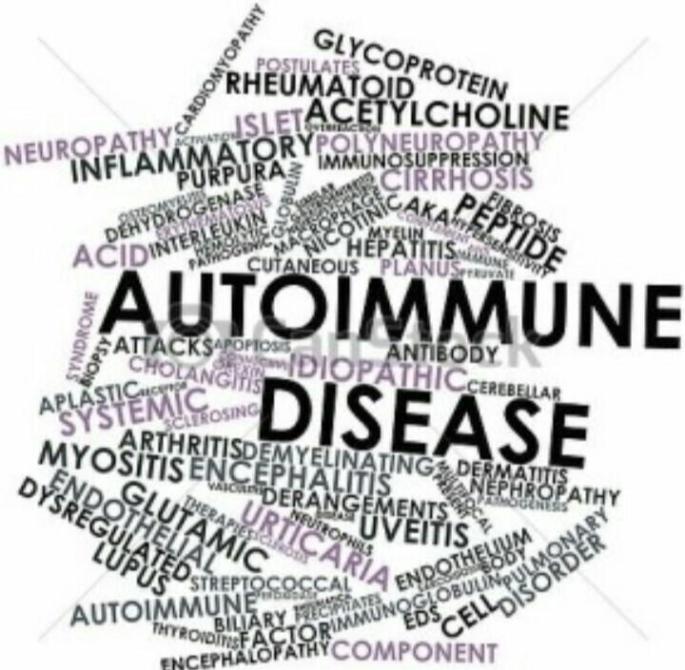
A high-salt diet has long been connected with cardiovascular disease. Too much sodium in the bloodstream causes fluid retention, which makes the heart work harder to move the extra volume of blood. This can stiffen blood vessels and lead to high blood pressure, stroke, heart attack, and kidney disease.
However, a recent study shows a high-salt diet also raises blood pressure by damaging healthy gut bacteria. This destruction increases the inflammation that contributes to high blood pressure and the development of autoimmune disease — when the immune system attacks tissue in the body. Common autoimmune diseases include Hashimoto’s hypothyroidism, multiple sclerosis, and psoriasis.
Mice. The study shows that mice fed a high-salt diet killed off beneficial Lactobacillus murinus bacteria in the gut. It also raised blood pressure and activated pro-inflammatory immune cells.
The mice also showed signs of encephalomyelitis, an autoimmune condition similar to multiple sclerosis in humans.
When the mice were given supplementary Lactobacillus, their blood pressure and inflammation came down.
Humans. The humans in the study experienced similar results. Consuming a high-salt diet for two weeks killed off their Lactobacillus bacteria and increased inflammation.
However, if they took probiotics for a week before starting a high-salt diet, their Lactobacillus levels and blood pressure remained normal.
Can gut microbes protect against a high-salt diet?
While the study showed probiotics can protect against a high-salt diet, the researchers cautioned that taking probiotics cannot protect you from the damages of a high-salt, fast-food diet.
Manage your salt intake with good daily habits
While the average American consumes a whopping 3400 milligrams of sodium a day, the USDA recommends no more than 2300mg of sodium a day — about a teaspoon of table salt.
However, some people are more sensitive to the effects of salt than others, so it’s recommended that individuals with hypertension, African Americans, and middle-aged and older adults should limit intake to 1500 mg of sodium a day.
Adopt these habits to lower your salt intake:
- Read food labels.
- Choose foods low in sodium.
- Eat more fresh fruits and vegetables.
- Consume foods that are rich in potassium, such as leafy green vegetables and fruits from vines.
- Potassium can help blunt the effects of sodium on blood pressure. The recommended intake of potassium for adolescents and adults is 4700 mg/day.
- Flavor food with pepper, herbs, and spices instead of salt.
- Choose unsalted snacks with savory flavors.
Build good gut bacteria to protect your health
The digestive tract is home to roughly four pounds of bacteria — your gut microbiome. Some strains are helpful, some are harmful. Both have roles to play, but it’s important to support your “good” bacteria for healthy immune function, brain function, and mood, and to avoid leaky gut, SIBO (small intestine bacterial overgrowth), and systemic inflammation that leads to autoimmunity and other chronic health conditions.
It’s easy to support a healthy gut with these simple habits:
- Eat plentiful and varied produce; this is the best way to support a healthy gut environment.
- Supplement with probiotics; they work best in a gut environment that’s already being supported with plenty of fiber from fruits and veggies.
- Avoid excess sugar.
- Get regular exercise.
- Drink plenty of filtered water.
What if I have low blood pressure?
Adequate blood pressure is necessary to push blood carrying oxygen and nutrients into your tissues. Chronically low blood pressure can result in reduced brain function and neurodegeneration.
Low blood pressure is also often a sign of chronic stress, adrenal fatigue, autoimmunity, or chronic infection.
If you have low blood pressure you need to get it up as close as you can to 120/80.
Salt can help raise blood pressure. While a high-salt diet is not recommended for most of the population, people with chronically low blood pressure may need to consume more than the recommended daily amount of salt. It’s a matter of experimentation to see what level of salt intake is appropriate for you without raising symptoms of inflammation.
Glycyrrhiza. Extracted from licorice root, this natural compound increases the hormone aldosterone, helping to retain sodium and raise low blood pressure. You can use a liposomal cream version or an oral licorice root extract.
When you work with salt and glycyrrhiza to raise your blood pressure, you will need to purchase a good home-use blood pressure cuff. Measure your blood pressure throughout the day and experiment with dosages. A return to normal blood pressure typically results in a dramatic increase in overall energy and brain function.
For help with low blood pressure or dietary management of salt intake, contact my office.




![By Psychonaught (Own work) [Public domain], via Wikimedia Commons.jpg supplement quality copy](https://i0.wp.com/functionalhealthminute.com/wp-content/uploads/2017/06/By-Psychonaught-Own-work-Public-domain-via-Wikimedia-Commons.jpg)

